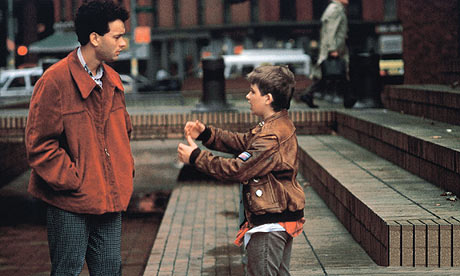
Susan Hill recently got very cross at the prospect of having her work anonymously displayed, next to stories that might be the work of asylum-seeking amateurs, at a literary fringe festival. Her venom-spitting rant baffled me somewhat. Anonymous display surely means writing judged solely on merit, and no one's denying that Hill is a very fine writer.
Well, most of the time. I award Hill the laurel and the bays for literary fiction – the horrific simplicity of the suicide in I'm the King of the Castle has haunted me since I first read it as a teenager (and it's just been longlisted for the 'lost' Man Booker of 1970). Her ghost stories chill down to the marrow, not just the West End stalwart The Woman in Black but the creepy Venetian The Man in the Picture (although The Mist in the Mirror lets the reader down rather abruptly at the end.) She's a successful thriller writer – her detective, Simon Serrailler, is a pleasant investigator in the Dalgliesh mould – and she can even turn her hand to a mean Du Maurier sequel. But – judging by The Battle for Gullywith, at least – she can't write for children.
Many well-known authors of grown-up fiction have had a punt at the kids' market, and many of them have fallen short. From Margaret Atwood's relentless alliteration (Rude Ramsay and the Roaring Radishes, Princess Prunella and the Purple Peanut et al) to Adam Gopnik's alarmingly dense The King in the Window, ladies and gentlemen of letters often fall into error when writing for children. They may fall into the "worthiness" trap, packing their books full of superfluous educational matter or moral message – Gopnik crams so many French history lessons and literary devices into King in the Window that the story feels choked, and Atwood's read like vocabulary-wideners written with an eye to the bluestocking parent, not the bookworm child.
Or they may condescend to their readers, as I think The Battle for Gullywith does. Little things – calling the protagonist Olly rather than Oliver – give the book a cosy-bedtime padding, sabotaging the intended menace of encroaching runic pebbles in dark corners. Also, none of the story's many obscurities (why are tortoises benevolent? Where does gnomic sidekick KK get her inside information? Why is she called KK?) is ever explained, in a way that feels rushed and short-changing rather than richly mysterious. The book expects young readers to take dark portents and strange secrets on trust, whereas curious children are far more likely than adults to clamour for ultimate explanations.
When heavyweight children's authors write for adults, the going is equally perilous. Peter Dickinson's detective stories, featuring Superintendent Joe Pibble, are marked by his inimitable descriptive tautness and originality, but the characters, including Pibble, feel flat – cardboard puppets in a toy theatre, destined for attic entombment. Although two of the Pibble books won CWA Gold Daggers, it's the award-winning children's literature – The Changes, The Ropemaker, Tulku – that remains alive and kicking for me. The Anne Fine adult novels I've read are similarly OK, but not a patch on The Road of Bones or The Tulip Touch – they too seem characterised by that unmemorable, low-calorie quality. And it pains me to admit it, but the Diana Wynne Jones books featuring "adult themes" – sex-as-weapon in A Sudden Wild Magic, for instance – aren't a patch on Charmed Life and Howl's Moving Castle.
"Crossover" notwithstanding, there really is a Great Divide between writing for adults and for children, and it's a rare writer who can skim effortlessly back and forth between the two. Penelope Lively manages it with uncommon success and grace, scooping Booker and Carnegie wins with equal verve and facility, and Terry Pratchett's Nation and Tiffany Aching books are easily as good as his Discworld finest. Mostly, though, the wise author elects to remain on the side of the canyon that suits them best – and in this instance, Susan Hill really should leave it to the pros.

